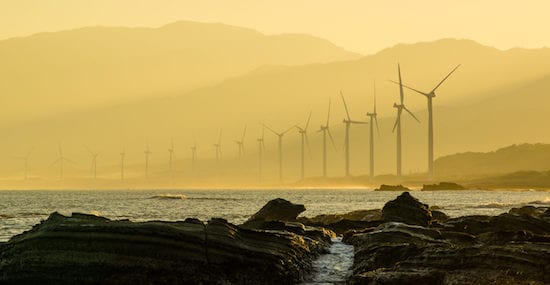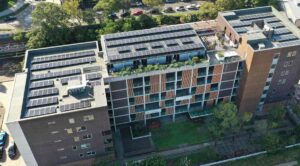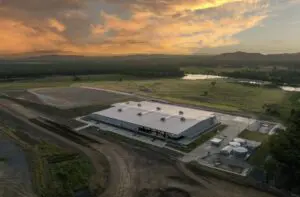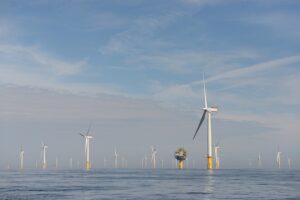A fine particle specialist company such as Reynolds Soil Technology (RST) might seem an unlikely hero for a renewable energy project, but a wind farm being built in the Philippines is crediting RST for helping to save millions of dollars and to complete the project well under budget.
RST was recently contracted to supply a wind farm being developed in the Philippines’ province of Aklan with advanced soil stabilisers that mitigate the need for cement and bitumen by stabilising and strengthening the roads up the side of a mountain ridge.
According to RST, transporting the wind turbine parts up the steep incline to the wind farm’s site at the top of a ridge had become problematic, as the original roads were not strong enough to support the mammoth weight being carried up the slope.
Some of a wind turbine’s components can weigh more than 100 tonnes, and as a result it was becoming increasingly difficult to transport the turbine parts safely.
The civil contractor turned to RST and its RT20 Dynamic as an alternative to cement or bitumen to strengthen and stabilise the roads.
“Wind energy infrastructure is massive, so when wind turbine companies transport equipment to wind farm developers, they need roads that can handle such an immense weight,” said David Handel, RST Operations and Technical Director.
“Safely navigating the roadways requires roads with heightened bearing capacity and our client was looking for a cost effective alternative to concrete or bitumen.
“RT20 is the latest nano technology that improves the qualities of road building materials by increasing density and compaction. When treated with RT20, the material can be compacted faster using less water, strengthened by an increased density through the reduction of void spaces between the soil particles.
“This greatly improves bearing capacity and in turn reduces the ability of water to permeate through the compacted material, which means the roads perform at a high level even in extreme wet weather.”
In addition to stabilising and strengthening the roads, RST’s RT20 Dynamic was also used to ensure the strength and quality of the platforms where 10 wind turbines, each weighing 100 tonnes, were placed.
RT20 Dynamic is also being used elsewhere in the Philippines, at the construction of a solar farm where the heavy traffic transporting solar equipment had badly degraded the local roads.
Local families who had to use the road had found that it had become too muddy for motorists to use after heavy rains, and water seepages underneath the road had never been repaired to the high standard needed.
Environmentally safe and complementing standard road construction practices simply by adding the RT20 Dynamic liquid formula to the water truck used for applying moisture to the compacting material, RST’s range of products do not require specific equipment, and is simply added to the broken-up soil to blend and compact.
In the end, by using RT20 Dynamic, the civil construction company behind the Philippines wind farm was able to increase the surface life and reduce dust levels of the road, while significantly reducing ongoing maintenance requirements.










